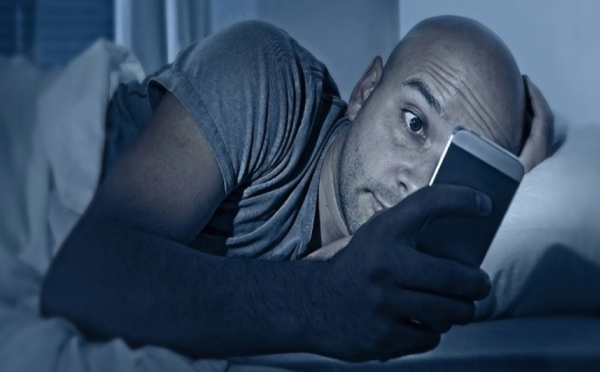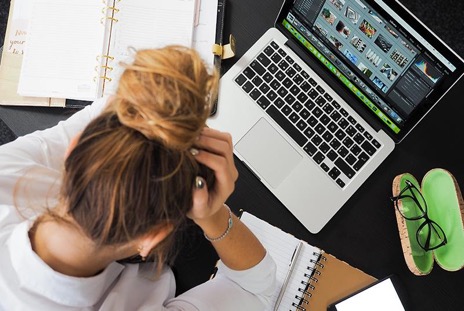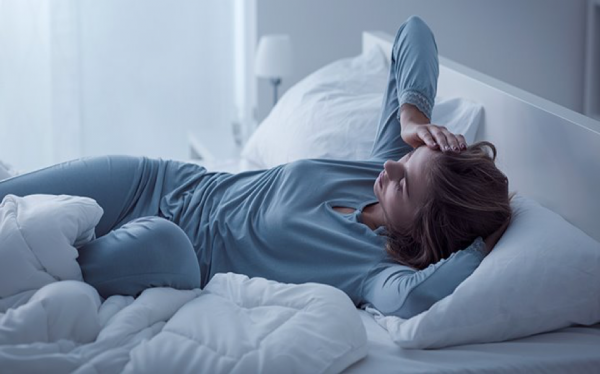You are not alone – read on to find out some tried and true tips that will help you sleep better.
If there is anything that is of the utmost importance aside from healthy diet and regular exercise routines, it is sleep. You know the problems of being sleep deprived very well – and you are also knowledgeable on the benefits that come with having good sleep quantity and quality.

Research has proven that poor sleep habits will not only affect your concentration levels the following day, but it will also have negative implications on your hormones, brain functioning and exercise performance. That will extend to weight gain risks and increasing chances of getting various illnesses. The problem is that the life we live today does not allow you to sleep well, due to the increase in stress levels, poor diets, and so on. You can change that though – so here are some proven tips that will help you sleep better.
Increase your exposure to light during the day

The body has a natural clock that keeps track of time, known as the circadian rhythm. This system affects various systems of the body, including the circulatory system (regulation of heartbeats), hormones, and brain function, and is the reason why you are able to wake up, stay awake, and fall asleep at night.
The way to ensure this system stays healthy and in top working condition is by exposing yourself to as much natural light during the day as you can, and going out to get some sunlight. This will improve your energy levels throughout the day (especially when you are battling daytime sleepiness), and help you improve your nighttime sleep duration and quality.
For instance, patients who suffer from insomnia (a sleeping disorder that prevents the person from falling or staying asleep) benefit the most from bright light exposure during the day. It also proves to reduce the time they need to sleep by as much as 80 percent.
If it is not practical to get bright sunlight, you can still find a way around it by investing in artificial bright bulbs or lights.
Limit your exposure to blue light at night or in the evening

It is good to expose yourself to bright light during the day, but evening or nighttime lights tend to have the opposite result – this is because of its influence on the circadian rhythm, and tricks the brain into thinking it is still during the day. This will therefore reduce melatonin, the chief hormone that increases your need to sleep.
Blue light is a main culprit in this, and many devices emit it as well – your compute, laptop, smartphone and television being among them.
Several methods can be useful in reducing your exposure to blue light, which include wearing glasses that reduce your exposure, downloading certain apps such as f.lux that block blue light on computers, stopping the watching of TV at least two hours before bed, and installing apps that block blue light on your smartphone.
Avoid consuming caffeine at very late hours

Caffeine is a stimulant, and it has numerous benefits when you need a lift of your energy levels as you face the day. However, that also brings the drawback of it not allowing you to get sleep when you need to rest the most, especially when you consume it very late in the day.
For instance, one study revealed that consuming caffeine six hours before bed made sleep quality worse by a significant margin. Its effects do not wear off quickly, and it can stay in your bloodstream for up to eight hours. Therefore, the best solution is not to take large amounts of it after 4 p.m., especially if you are suffering from sleep disorders or you are sensitive to caffeine.
If you must take a cup in the evening or late afternoon, it is best to stick to decaffeinated coffee.
Reduce the frequency and time of very long naps
Power naps are good when you have had a long night and coffee does not seem to boost your energy levels, simply because you did not sleep well. However, you need to be careful when taking a nap; long ones that last for more than thirty minutes will affect your nighttime sleep negatively.
Sleeping during the day for long periods will confuse the body clock, and make it hard for you to sleep at night. In addition, the longer your daytime nap is, the more it can interfere with your overall quality of sleep and your health.
Increase the consistency in your waking and sleeping time
 The best way to improve your sleep quality is working with set times of sleep and waking up, as the circadian rhythm works on set loops – therefore, aligning itself with sunset and sunrise. The more consistent you are in your waking up and sleeping time, the better your sleep quality becomes. In fact, after some time of getting used to it, you will even notice you do not struggle with alarms, and you will not need them anymore.
The best way to improve your sleep quality is working with set times of sleep and waking up, as the circadian rhythm works on set loops – therefore, aligning itself with sunset and sunrise. The more consistent you are in your waking up and sleeping time, the better your sleep quality becomes. In fact, after some time of getting used to it, you will even notice you do not struggle with alarms, and you will not need them anymore.
That includes weekends and holidays as well – do not give in to the temptation of sleeping in. the more irregular the rhythm is, the more melatonin levels are affected, and it can make it hard for you to sleep afterwards – something that affects certain people more than others, for instance people who work on night shifts.
Improve your bedroom
It is not unusual to believe that the bedroom environment is a key factor in how you will sleep, including aspects such as choice of furniture, temperature, noise levels, and external lighting. For instance, noise will impact your sleep greatly in a negative way, while also leading to long term health issues due to poor sleep.
Make sure to reduce external noises and artificial lights – your bedroom needs to be a clean, quiet and relaxing place.
Making sleep a top priority in your life is very important for your wellbeing and health. Aside from getting a comfortable mattress like dreamcloud mattresses to sleep on, you can also incorporate these tips and improve your sleep quality in many ways.







